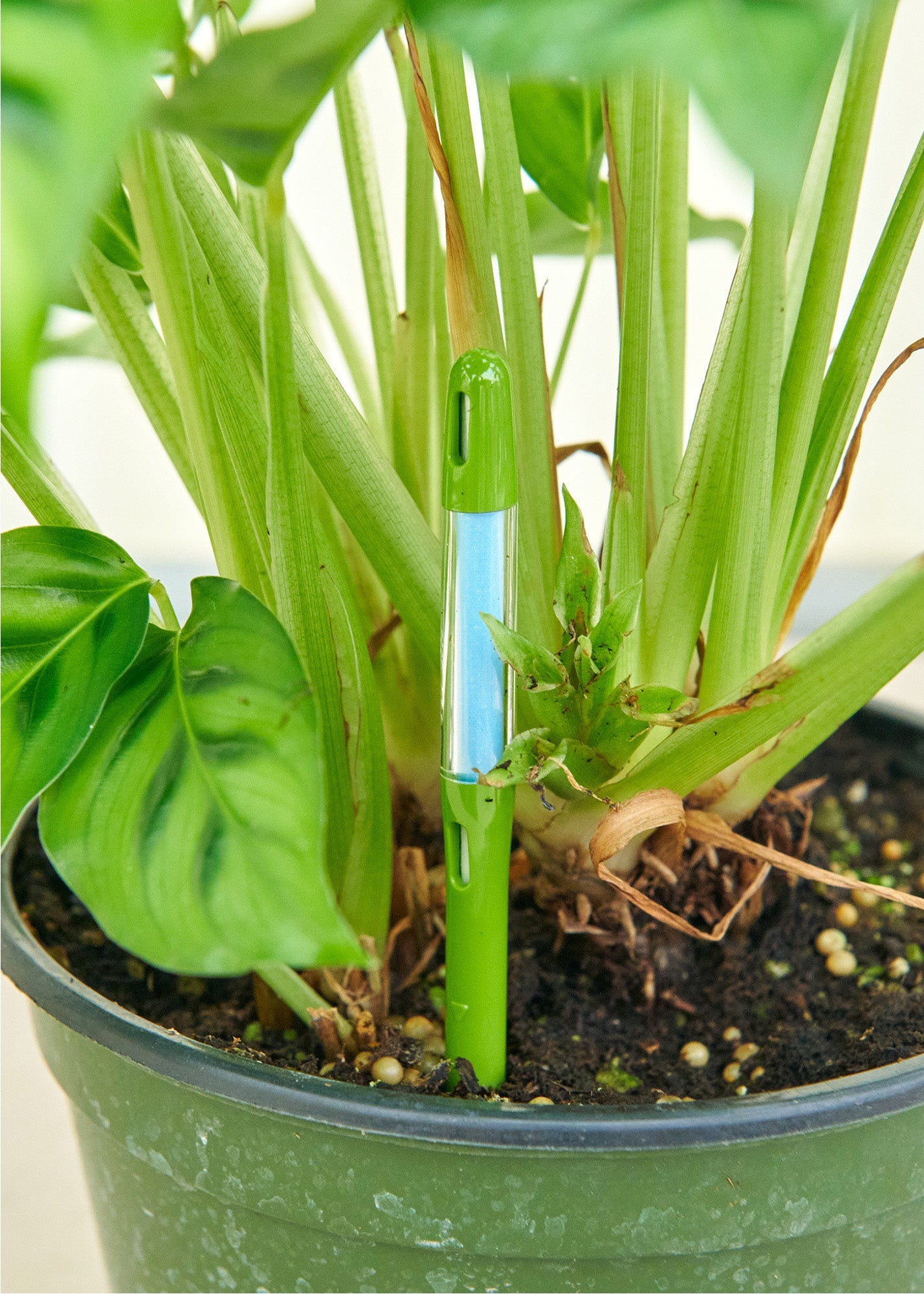How to Use a Moisture Meter to Spot Covert Water Damage in Your Residential property
How to Use a Moisture Meter to Spot Covert Water Damage in Your Residential property
Blog Article
The Ultimate Guide to Dampness Meters: A Comprehensive Introduction and Exactly How They Can Save You Cash
Moisture meters serve as important devices in identifying and keeping an eye on moisture web content in materials, helping in avoiding pricey damages and guaranteeing the top quality of products. Understanding the nuances of various kinds of moisture meters, their applications, and the prospective cost-saving benefits they supply can be a game-changer for services and experts alike.
Types of Moisture Meters
One common kind is the pin-type dampness meter, which gauges the electric resistance in between 2 pins put right into a product. Pinless dampness meters, on the various other hand, usage electro-magnetic sensing unit plates to scan a bigger area without causing damage to the material's surface.

Infrared wetness meters gauge the thermal residential properties of a material to identify its wetness web content non-invasively, making them beneficial for applications where pin or pinless meters might not be suitable. Recognizing the various kinds of moisture meters available can assist industries pick the most proper device for their particular dampness measurement needs.

Benefits of Utilizing Moisture Meters
Wetness meters use very useful benefits in properly keeping an eye on and evaluating dampness degrees in diverse materials and settings. One of the key advantages of using moisture meters is the avoidance of potential damage caused by excess dampness.
In addition, using wetness meters can lead to boosted energy effectiveness. In farming setups, dampness meters play an important duty in optimizing plant returns by allowing farmers to keep an eye on soil wetness degrees and make informed watering decisions.
Just How to Choose the Right Dampness Meter
When choosing a dampness meter, it's crucial to make sure that the meter is appropriate for the particular material you will certainly be screening. Different materials have differing electrical residential or commercial properties that can affect dampness readings, so picking a meter created for your material is crucial for exact results. By carefully evaluating these factors, you can pick a wetness meter that fulfills your requirements and provides exact wetness measurements for your tasks.
Appropriate Techniques for Wetness Meter Use

Price Financial Savings Via Wetness Meter Applications
Exactly how can the calculated usage of moisture meters bring about considerable expense savings across various sectors? Dampness meters play a crucial function in cost financial savings by protecting against prospective damage and ensuring top quality control in various markets. In the farming industry, dampness meters help in determining the optimum time for collecting crops, protecting against over-drying or excess wetness that can impact the end product's top quality. This specific monitoring assists farmers stay clear of unneeded losses and optimize their return.
Likewise, in building and construction, moisture meters assist prevent expensive damages by identifying moisture degrees in structure materials, such as timber or concrete, which can lead to structural issues if not dealt with promptly. By recognizing issue locations early on, professionals can take rehabilitative measures to prevent considerable repair work or substitutes, eventually saving time and money.
Furthermore, in the food processing industry, wetness meters are essential for keeping an eye on item top quality and ensuring compliance with security guidelines. By properly measuring dampness material in food, manufacturers can prevent perishing, keep quality, and reduce waste, leading to substantial price financial savings. Generally, the critical application of dampness meters is a valuable investment that can lead to substantial cost reductions and enhanced efficiency across different markets.
Final Thought
In conclusion, dampness meters are important tools for identifying and measuring moisture degrees in various products. By utilizing the appropriate wetness meter and adhering to correct methods, individuals can effectively stop this post costly problems caused by excess wetness.
Moisture meters offer as important devices in discovering and monitoring moisture material in materials, assisting in preventing expensive problems and guaranteeing the high quality of products. Infrared moisture meters gauge the thermal residential or commercial properties of a product to determine its wetness web content non-invasively, making them useful for applications where pin or pinless meters might not be ideal.Moisture meters provide invaluable advantages in precisely analyzing and checking dampness levels in diverse materials and atmospheres. In farming setups, wetness meters play a vital duty in optimizing crop yields by allowing farmers to keep an eye on dirt dampness degrees and make informed irrigation choices.In final thought, useful source dampness meters are beneficial devices for spotting and measuring moisture levels in more various materials.
Report this page